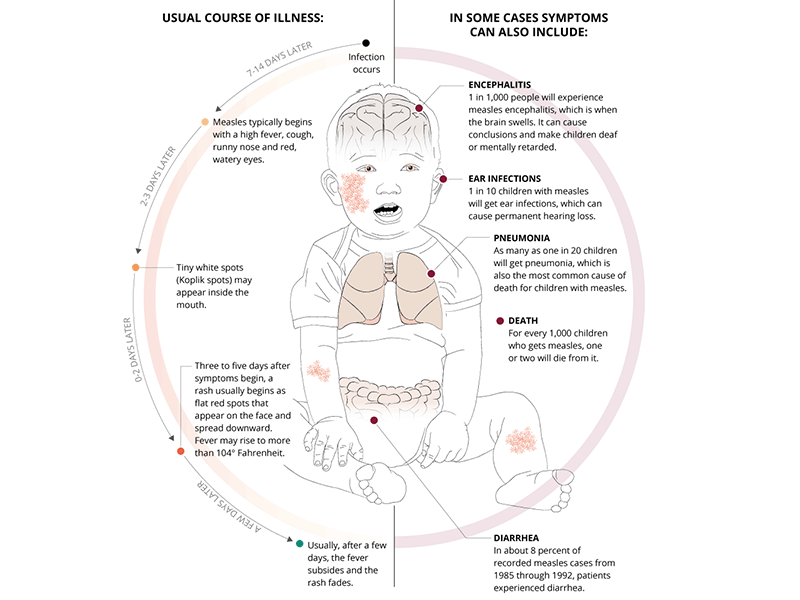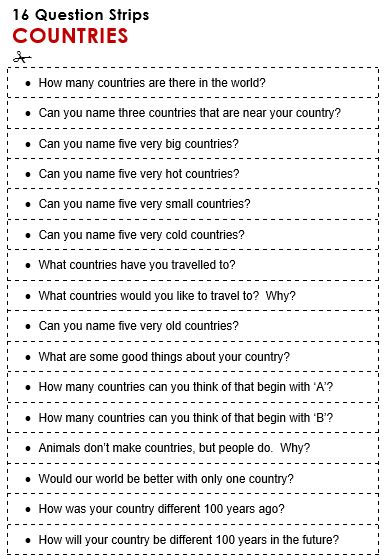How to tell your child about tooth fairy
Answering "Is The Tooth Fairy Real"
Maybe your child's classmates are talking. Perhaps she's becoming more skeptical of magic. Or you possibly forgot to replace the tooth under his pillow last night. (Oops!) Whatever the reason, your child is asking, "Is the tooth fairy real?" and you're not sure how to respond. Simply take a deep breath, follow these tips, and remember that your little one's healthy teeth are what matters most.
How to Talk to Your Child About the Tooth Fairy
Parents have kept the idea of the tooth fairy alive for generations. This benevolent being adores young children and is grateful for those healthy, white baby teeth. With the help of some easy tooth fairy ideas, she can make the whole ordeal of your child's teeth falling out both fun and magical. Plus, the tooth fairy provides an excellent incentive for encouraging young kids to pay attention to their oral health and take care of their teeth. So what do you do when your child questions her existence? Just follow these strategies.
Follow Your Child's Lead
Is your child looking for the truth or only reassurance to keep on believing? A great way to determine the answer is to respond, "Why do you ask?" or "What do you think?" If he or she seems ready for the truth, give it to them. However, if they want to hold on to the story a bit longer, simply say, "Well, I absolutely believe in the magic of the tooth fairy!"
Consider Your Child's Age
Your child's age might also determine how you want to respond to the question. It might cause social issues if your preschooler tells other children in the sandbox that there's no tooth fairy. On the other hand, your middle schooler might receive some unpleasant teasing if he or she still believes. Sometimes it's necessary to gauge your response by the impact continued belief will have on your child when among peers.
Be Gentle with Your Response
Even if your child is confident, they know the truth, confirmation from a parent or guardian can be pretty rattling.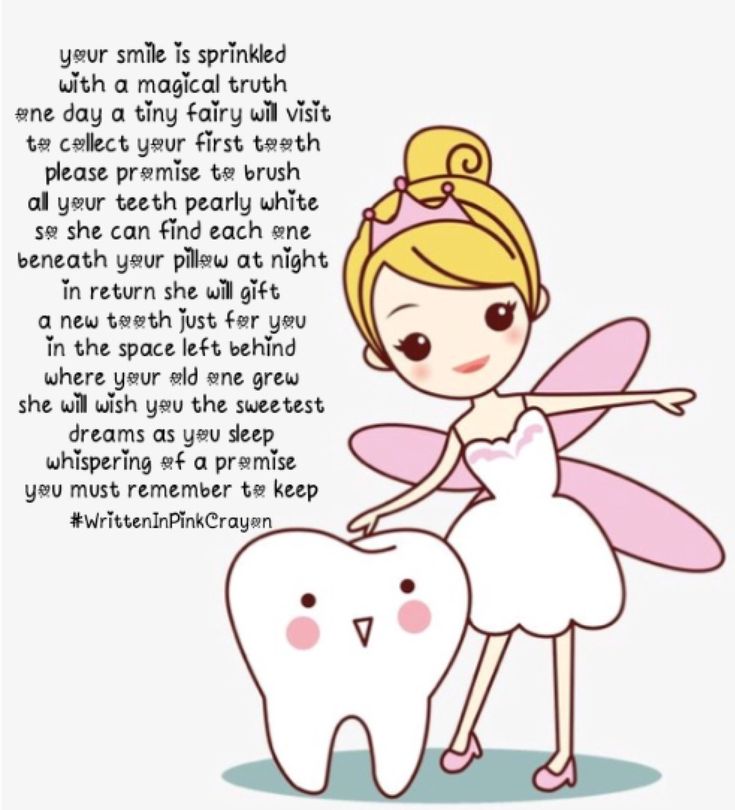 Explain how the tradition has been passed on for decades. Then, remind them how much fun they had putting their tooth under their pillow, writing a letter, or waking up the next morning to find their prize. Tell your child that parents become the tooth fairy because they love seeing their child's joy.
Explain how the tradition has been passed on for decades. Then, remind them how much fun they had putting their tooth under their pillow, writing a letter, or waking up the next morning to find their prize. Tell your child that parents become the tooth fairy because they love seeing their child's joy.
Be Prepared for Their Response
Children will respond in many ways to the truth about the tooth fairy. Some may laugh, thinking about how silly their parents are for sneaking in their room and stealing their teeth. Others may cry and grieve an innocent piece of childhood lost. Still, others might get angry that they were misled in the first place. However your child responds, be patient, and reassure him or her that everything was done out of love.
What to Do After They Know the Truth
Once your child finds out the truth, you need to determine how to move forward. Here are a few topics you should cover in the conversation:
- Keeping the secret. Remind them about the significance of keeping the secret and not ruining the fun for younger siblings and other children.
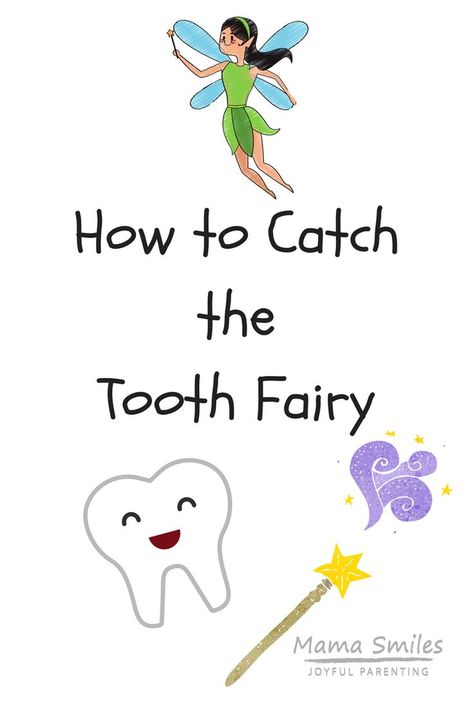
- Prioritizing oral health. Don't miss out on an opportunity to discuss the importance of maintaining healthy oral habits. These habits mean correctly brushing your teeth twice a day, flossing once a day, and visiting the dentist every six months.
- Celebrating future lost teeth. Just because the secret's out doesn't mean your child can't participate in the tooth fairy fun. However, if he or she feels too old for the tradition, find other ways to celebrate. Maybe you can reward them with a new toothbrush, a good book, or their favorite dinner.
Losing baby teeth is a rite of passage, and this time is all about growing up and learning how to take care of the teeth they will have for the rest of their lives. The magic does not have to end with the question, "Is the tooth fairy real?" You can make it special and meaningful whether the tooth fairy is around or not!
Is The Tooth Fairy Real? 5 Ways to Talk to Kids About It
When I was seven years old, I lost a baby tooth. I had lost several teeth already and I informed my parents that this time, I wanted to keep my tooth. I was not going to be leaving it out for the Tooth Fairy.
I had lost several teeth already and I informed my parents that this time, I wanted to keep my tooth. I was not going to be leaving it out for the Tooth Fairy.
What my parents did not know, however, is that I did leave the tooth under my pillow. You see, I wanted to know if the Tooth Fairy was real. I knew that if she really did exist, I would wake up to a crisp dollar bill under my pillow in the tooth’s place. But, if my parents had been doing the job all this time, the tooth would still be there in the morning. I’m sure you can imagine how it turned out.
More: Should I Tell My Child the Truth About Santa?
At some point, every child will learn that the Tooth Fairy is only a myth. Depending on their age and how they come to this realization, kids will react differently. Some might enjoy being an “adult” who knows the secret that their little siblings do not yet. Others will be brokenhearted and mourn the loss of a beloved fantasy. Still others may react angrily, feeling upset that they were tricked or lied to by their parents.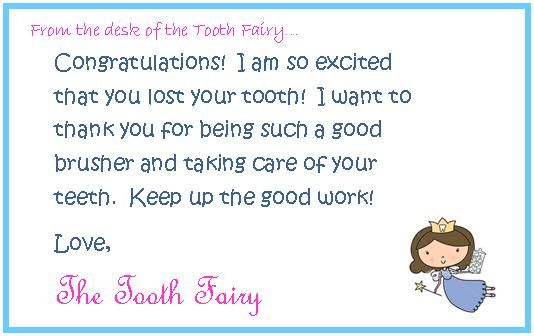
Here are five ideas to help you ensure that your child learns the truth in the smoothest way possible.
Don’t have time to read now? Pin it for later:
Keep the Faith
When children are devastated to learn that the Tooth Fairy is make-believe, consider reassuring them that even though she may not be physically real, her spirit is. There is still magic in losing their baby teeth, and that magic has its own value. This can be very comforting to young children, especially if they hear the truth from older siblings.
If They’re On to You, Level With Them
As kids mature, they will eventually realize that the Tooth Fairy cannot possibly exist. Don’t try to insist. This just is not fair or respectful to your kids. If they come to understand that there is no Tooth Fairy on their own, validate them. This is a great chance to talk about family traditions and the role mythology plays in popular culture.
Allow Kids to Believe If They Want To
If children learn too young that there is no Tooth Fairy, they may want to believe that she is real.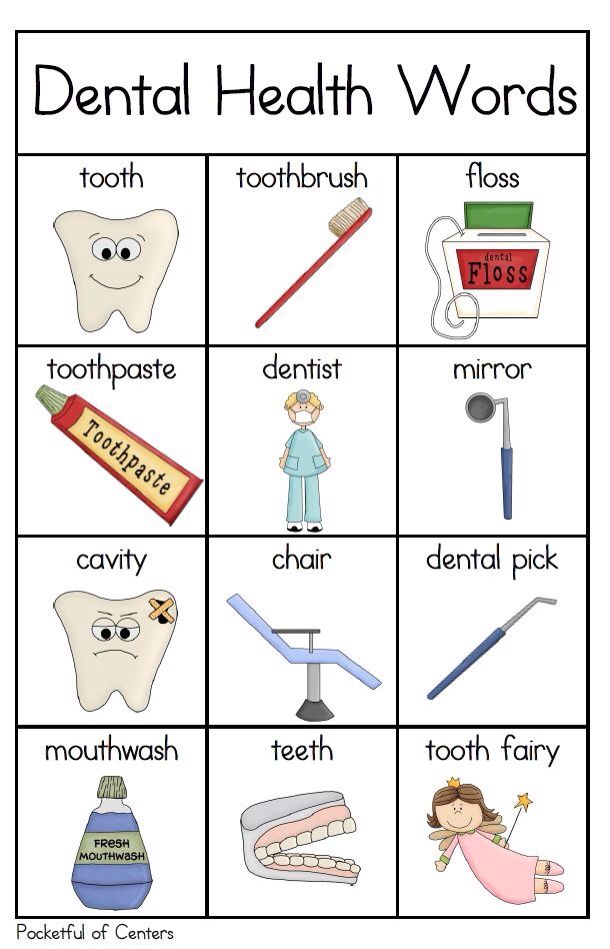 Before age six, kids don’t yet fully distinguish fantasy from reality. If they hear at school that the Tooth Fairy does not exist, they may come to you for answers. If you can tell that your child wants to believe, don’t ruin it for them. Ask them what they think. They’ll tell you what they want to hear.
Before age six, kids don’t yet fully distinguish fantasy from reality. If they hear at school that the Tooth Fairy does not exist, they may come to you for answers. If you can tell that your child wants to believe, don’t ruin it for them. Ask them what they think. They’ll tell you what they want to hear.
Decide When They’re Getting Too Old
Although most children will catch on eventually, some especially imaginative kids might hold on to the Tooth Fairy just a little too long. This is a judgment call for the parents. You might want to help them avoid being laughed at or learning the truth in a hard way from peers.
Tell Them the Truth From the Start
There is no hard rule that you must introduce the Tooth Fairy to your children. If you don’t feel comfortable pretending that a myth is real, you can always skip this tradition. However, keep in mind that kids will definitely hear about the Tooth Fairy in school. You will want to make sure they don’t ruin the secret for their classmates! Also, consider paying your child for losing their baby teeth regardless so they don’t resent how much money their friends are getting.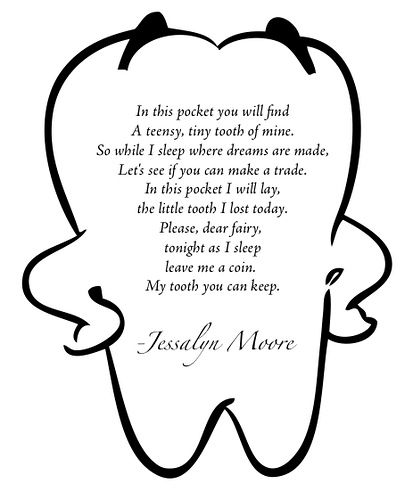
Looking for a way to keep the tradition of losing teeth special? Download and print this free Certificate for Losing the First Tooth.
What to tell your children if they ask you about the Tooth Fairy
What happens if your son or daughter's tooth moves? Well, you will have to explain to him who the Tooth Fairy is and prepare you so that the loss of a baby tooth is not traumatic . On the contrary, it can be experienced as a magical moment when a boy or girl becomes the protagonist of a fantastic event. This is the great psychological value of this mouse.
At this stage, peak magic mothers should remain accomplices, for this we can tell them the story of Mouse Perez so that he knows where he comes from and where he lives, do with them or choose a magic door so that he can enter and leave his room, and even explain it, sometimes Mouse Perez leaves a letter and a few coins under his pillow.
Index
- 1 Tales and tales of the arrival of the Tooth Fairy
- 2 Door to Magic Land
- 3 Letters and certificates from the Tooth Fairy
Tales and stories about the arrival of the Tooth Fairy
A story was published a few years ago about a very curious boy who wondered how it was possible that the Tooth Fairy visited his grandparents, his parents and everyone for a long time, and that he was still working. The story is called Izan's Doubts and answers many questions children often ask about this character.
You can also will tell you the "true" story of the Tooth Fairy, And since he lives in Madrid at 8 Arenal Street, you can even visit his museum! The story Written by Father Koloma continues to be published as a classic of children's literature. Also on the Internet you will find videos and other stories about this character.
But Ratoncito Pérez is not the only one who collects baby teeth from children all over the world.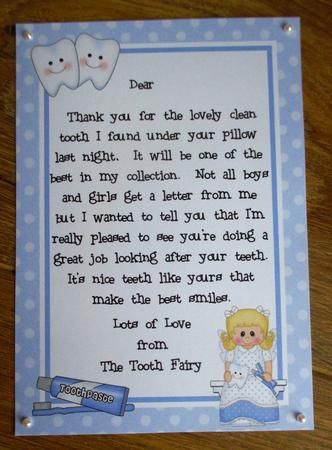 Similarly, in Catalonia there is El angelito or La Rateta, in the Basque Country, especially in Biscay, it is Maritxu teilatukoa (Mari la del roof) that answers, and in Cantabria, L'Esquilu de los teeth, a squirrel with teeth . . nine0005 You can tell your children about these other characters is in charge of collecting milk teeth.
Similarly, in Catalonia there is El angelito or La Rateta, in the Basque Country, especially in Biscay, it is Maritxu teilatukoa (Mari la del roof) that answers, and in Cantabria, L'Esquilu de los teeth, a squirrel with teeth . . nine0005 You can tell your children about these other characters is in charge of collecting milk teeth.
Door to Magic Land
When your son or daughter starts moving his teeth and he asks you about the Tooth Fairy, you will have to explain to him that one day the tooth will fall out It must be left under the pillow so that the Mouse can carry it away. In order for the mouse to get to his room, you need to build, paint an already finished door or buy a magic door.
Somos supporters of its construction, and for the child to participate in this fun project. You have to find the best design for the room, find the door, keep it clean, because other teeth will come later. On the Internet, we can find the model that we like best and adapt it to what we have at home.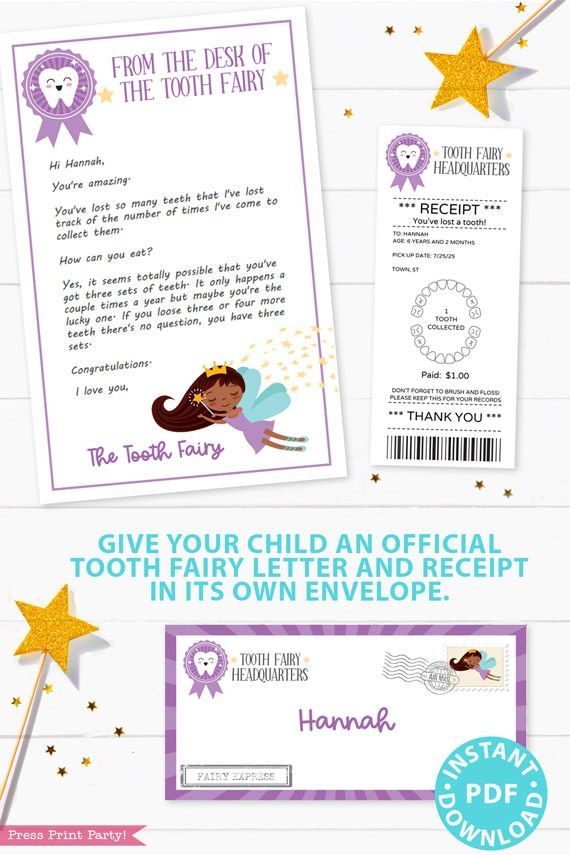 There are some very funny ideas.
There are some very funny ideas.
Like it's a magic door It can be the most varied from foam board, box, popsicle sticks, with EVA rubber ... The shape can be anything from a typical mouse hole to a large door, but some curtains will work too. The important thing is that it is durable and that the Tooth Fairy finds a way to get in and out.
Letters and certificates from the Tooth Fairy
Your son will know that the Tooth Fairy has come because there will be no more tooth, it will be exchanged for coins or a gift , and more and more often the Mouse leaves letters and an official delivery receipt for the children from the Ministry of Toothpicks. This receipt details the condition of the tooth. Was it good, average or bad. nine0003
Las- letters left by the Tooth Fairy are completely personalized They have a lot of information about your son or daughter and always give some advice on how to brush your teeth after every meal or eat more fruits and less sweets.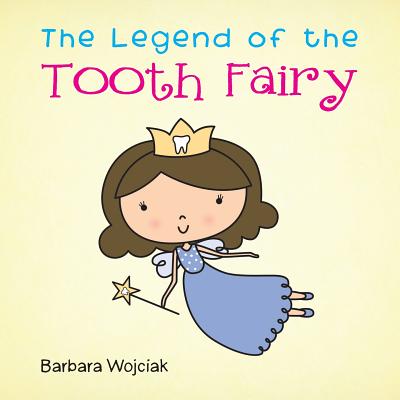 Sometimes they even ask the children to better clean their room.
Sometimes they even ask the children to better clean their room.
When it comes to the first tooth, often explains why children lose their teeth . And if a child loses a tooth, nothing happens, there is a note explaining what happened to the Tooth Fairy, and that's it. He knows exactly where the tooth is, even if you couldn't find it. nine0003
The content of the article complies with our principles of editorial ethics. To report a bug, click here.
You may be interested in
At what age should children be told that Santa Claus does not exist (and is it necessary)
© Depositphotos
It's easy to deal with the Tooth Fairy - at some point, the teeth stop falling out, and the fairy removes itself. But what about Santa Claus? Someday, after all, it will be necessary to say that it is not he who brings gifts at all. nine0003
Yes, yes, in the life of every parent there comes a moment when a grown-up child suddenly asks with doubt: “Does Santa Claus bring me gifts, and not you?” And it seems like only yesterday you answered this very child to rather difficult questions about sex, told what the middle finger raised up means (oh, this is the pernicious influence of YouTube videos), and gave out money for new branded sneakers (because he has long been playing toys is not interested), and here is complete confusion - is it really necessary to say that Santa Claus does not exist? The editors of the site for fathers Life of Dad decided ask your users - at what age and how can you tell your child that all these years you actually bought gifts, and not Santa Claus.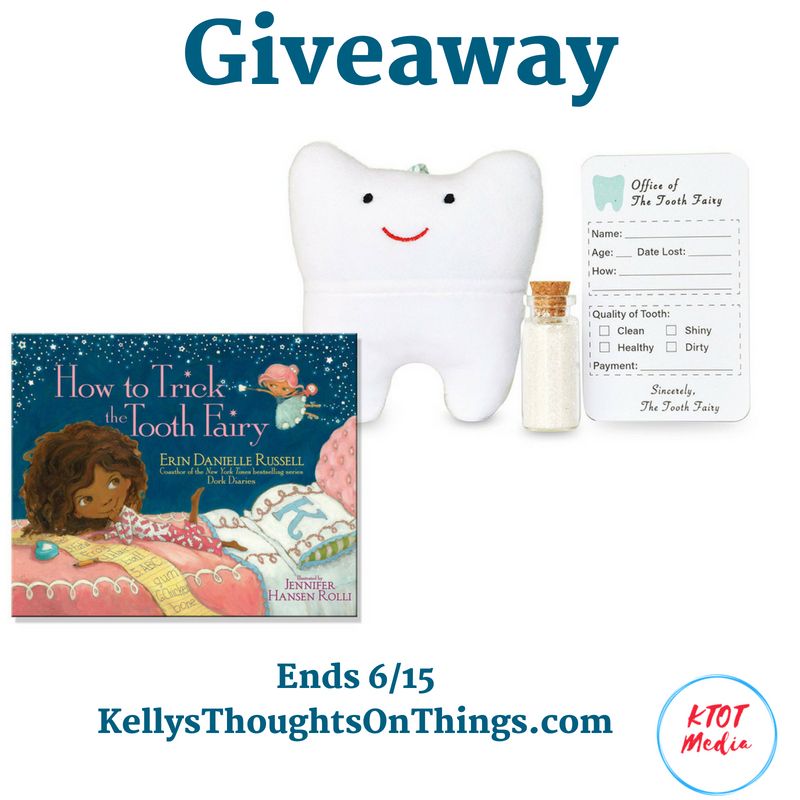 Some fathers were extremely determined:
Some fathers were extremely determined:
? I don't fill my children's heads with fairy tales at all. We don't have this nonsense at home. I teach my daughter a rational approach to life. All problems must be solved logically, and not wait for gifts from some fabulous creatures. nine0003
? Honestly - I would generally be silent until the last. For example, my mother never told me directly that Santa Claus does not exist, and I am already 42 ...
? Oh, a year ago I read somewhere a story about how one family told the children that each of us is Santa Claus if he brings good and pleasant events to the world. Great idea!
? We told our eldest when he was 11. He said that he had already guessed, but did not want to say it out loud, so as not to upset the youngest - he is 2. Then we made him a member of the "Secret Society of Gift Givers", which continued to save for kids spirit of the new year.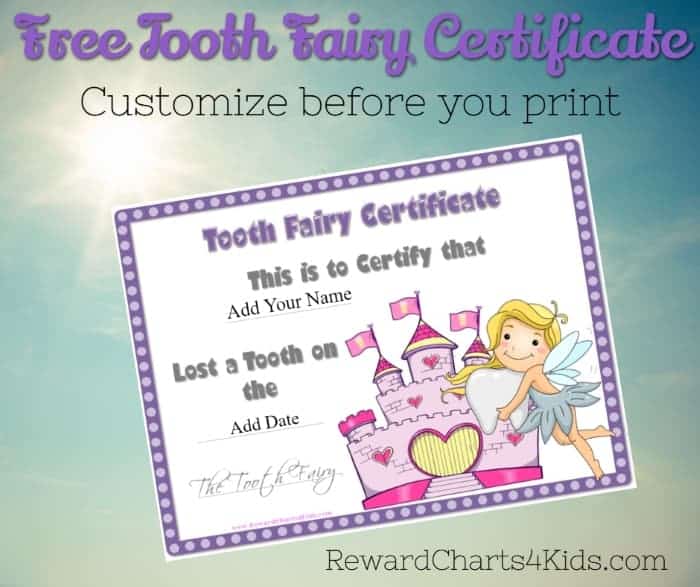 We also discussed with him how wonderful it is to please others and give them not only gifts, but also just positive emotions. nine0003
We also discussed with him how wonderful it is to please others and give them not only gifts, but also just positive emotions. nine0003
? How can I understand it ... everyone usually says "no need to lie to children." And I'm sad about it. Childhood should be filled with faith in magic. Of course, you can believe in fairy tales to the bitter end! I may be a lying, terrible father, but my kids believe in Santa Claus and the Tooth Fairy. We also read about Winnie the Pooh and Carlson. What do you say here? After all, a bear cannot talk and visit a rabbit, and an adult man cannot fly in pants with a propeller! So what? nine0003
? I told mine when he was 9 years old, when he had been asking for a couple of years already - his friends told him that Santa Claus did not exist, and therefore he began to doubt. And then I told him, yes, Santa Claus does not exist, but you can become one to please the kids and so that they feel the holiday the way you yourself once felt it.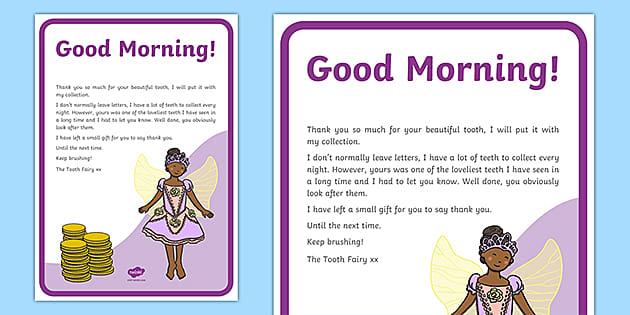 And we went together and chose some gifts for his little brother.
And we went together and chose some gifts for his little brother.
? I told them about it as soon as I could. I am raising three children alone and have promised myself to be as honest with them as possible in everything. Even if it means destroying their faith in fairy tales. But it is important for me that they know that dad is always and in everything honest with them, and they can trust me. nine0003
? I promised my son that I would always tell him the truth. Then he squinted and asked, they say, and what, Santa Claus actually exists, flies around the world on a sleigh and distributes gifts? And then I had to admit that Santa Claus is just a fun story for children. But I said it without irony, very carefully, so he still loves the New Year and that's it. The trust of children is much more important than some kind of Santa Claus.
? My eldest daughter found out that Santa Claus doesn't exist when she was 8.

